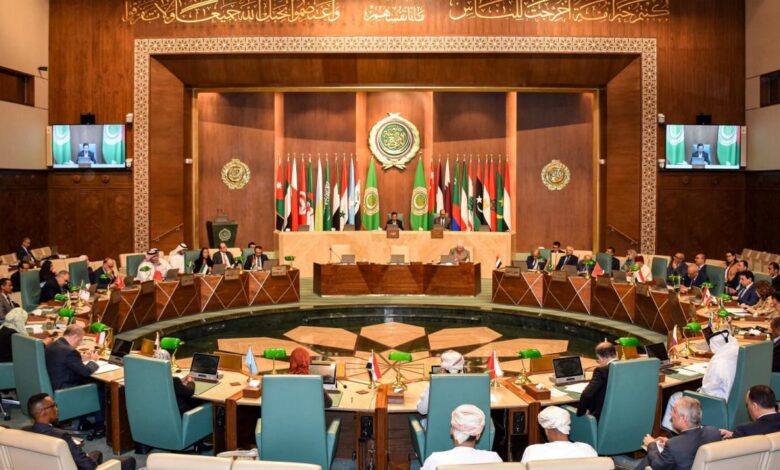Palestinian statehood key to Arab plans for post-war Gaza

“WE HAVE A PLAN”
However, the biggest roadblock, according to Abdulkhaleq Abdulla, a prominent Emirati analyst, is the Israeli government. He noted that Arab outreach efforts have also included the Israeli opposition.
Earlier this month, the UAE’s foreign minister met Israeli opposition leader Yair Lapid in Abu Dhabi. They discussed the need for negotiations on a two-state solution, according to a statement from the UAE foreign ministry.
“There are promises that if the Israeli opposition prevails in (early) elections it may be more amenable and more cooperative,” Abdulla said.
Arab leaders have largely ruled out taking part in the governance of Gaza or sending security forces under current conditions.
On Saturday, UAE Foreign Minister Sheikh Abdullah bin Zayed Al-Nahyan said the country “refuses to be drawn into any plan aimed at providing cover for the Israeli presence in the Gaza Strip”.
Last month, Jordanian Foreign Minister Ayman al-Safadi said Arab states would not send troops to Gaza to avoid being associated with the “misery that this war has created”.
“As Arab countries, we have a plan. We know what we want. We want peace on the basis of the two-state solution,” he said in Riyadh.
Oil-rich Gulf states Saudi Arabia and the UAE are also hesitant to cover the reconstruction costs without guarantees.
“They certainly don’t want to just be a piggy bank. They’re not willing to just clean up Israel’s mess and just pour money into it,” said Bernard Haykel, an expert on Saudi Arabia at Princeton University.
The UAE’s ambassador to the United Nations, Lana Nusseibeh, said in February: “We cannot keep refunding and then seeing everything that we have built destroyed.”

